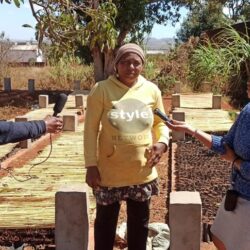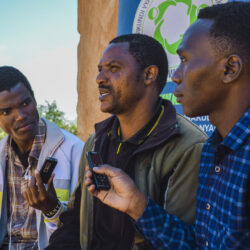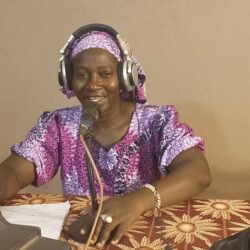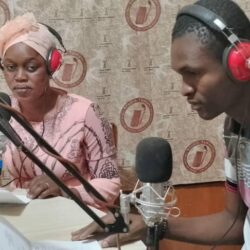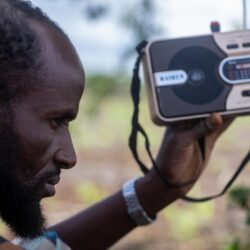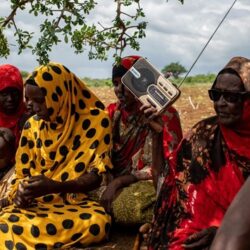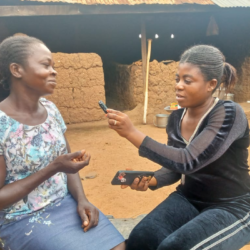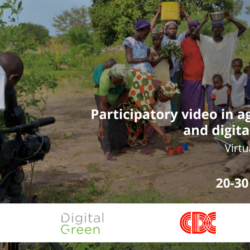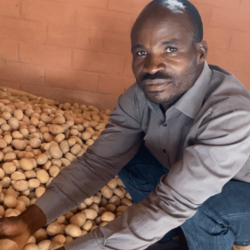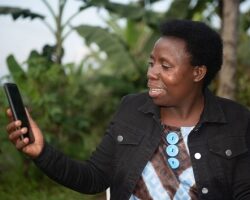Radio Programme: The Role of family farming in promoting sustainable food systems and informing about relevant activities related to the UNDFF at the policy, institutional, and grassroots levels
As part of the YenKasa Africa radio initiative, we are thrilled to share with you this week’s feature, where we delve into the vital topic of the Role of family farming in promoting sustainable food systems and informing about relevant activities related to the UNDFF at the policy, institutional, and grassroots levels. Discover valuable insights and expert advice by reading our feature and then dive deeper by listening to the

